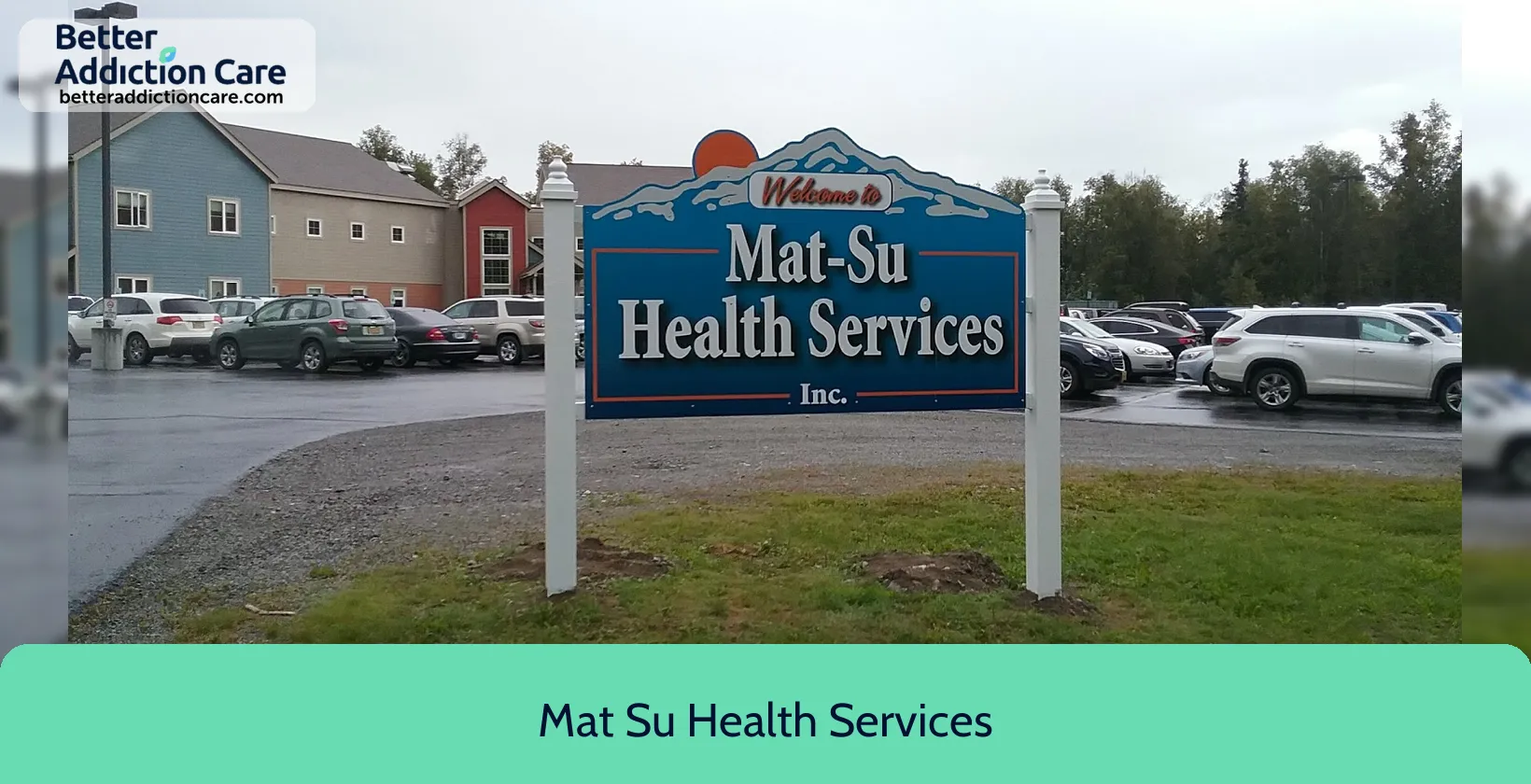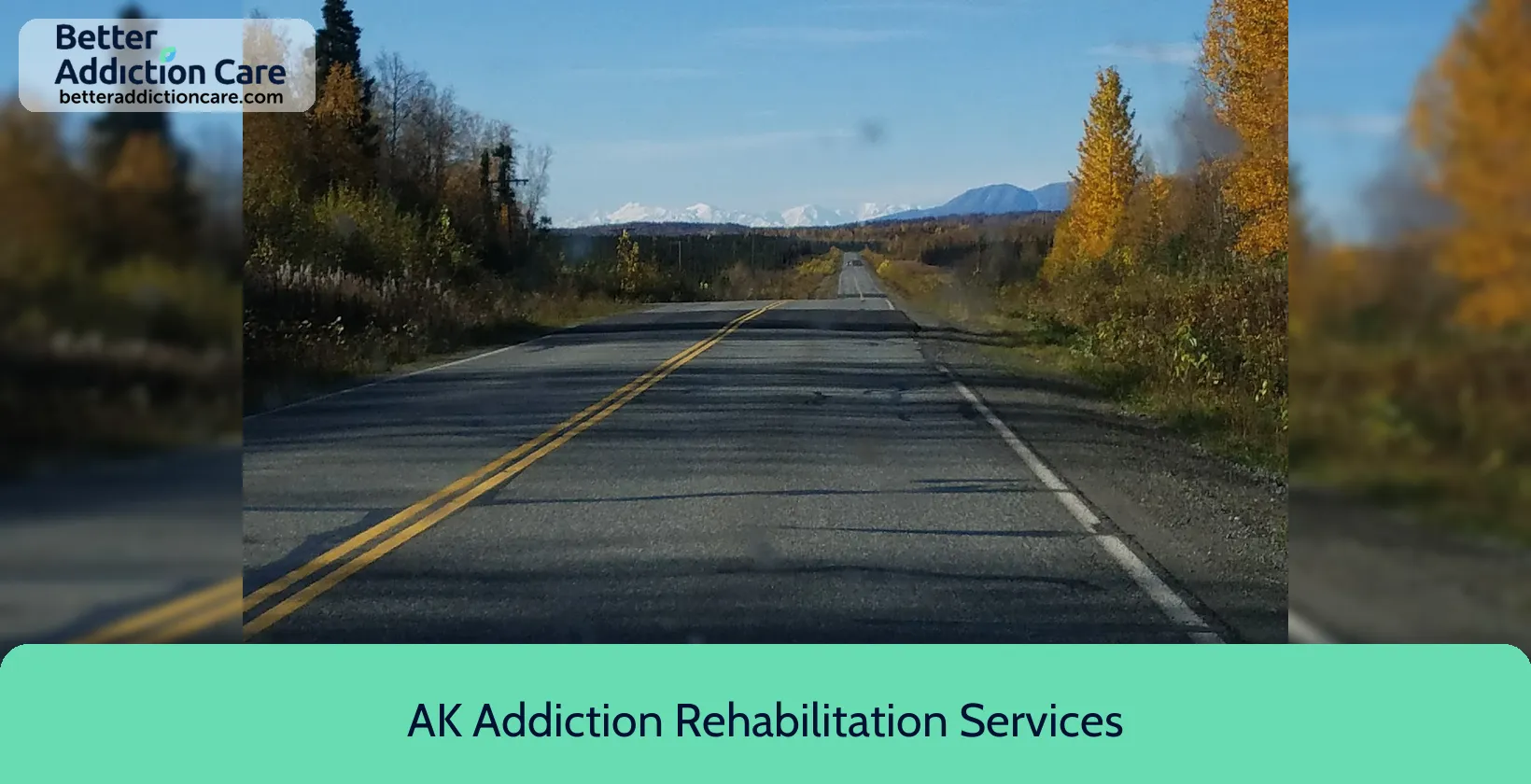Set Free Alaska

Overview
Set Free Alaska, founded in 2008, has established itself as a reputable source of compassionate and effective treatment, dedicated to assisting individuals in reclaiming their life from the grips of addiction and mental health issues. Set Free Alaska is an outpatient treatment program in Wasilla, Alaska, that provides specialized therapy to men and women 18 and older. The clinic specializes in treating co-occurring disorders, offering a comprehensive approach that integrates medication-assisted treatment (MAT) with holistic, trauma-informed therapy.
Set Free Alaska focuses on a dual diagnosis approach, acknowledging the complexities of co-occurring mental health and substance use disorders. The facility provides a variety of services, including ongoing care to assist clients beyond their first treatment, assuring long-term rehabilitation and stability. Flexible scheduling, telemedicine examinations, and services make treatment more accessible and convenient, allowing clients to get care that is personalized to their specific requirements.
Set Free Alaska at a Glance
Payment Options
- Cash or self-payment
- Medicaid
- Private health insurance
- Federal, or any government funding for substance use treatment programs
- Sliding fee scale (fee is based on income and other factors)
Assessments
- Screening for tobacco use
- Comprehensive mental health assessment
- Comprehensive substance use assessment
- Interim services for clients
- Outreach to persons in the community
Age Groups
- Adolescents
- Children/adolescents
- Adults
Ancillary Services
- Case management service
- Mental health services
- Social skills development
Highlights About Set Free Alaska
7.14/10
With an overall rating of 7.14/10, this facility has following balanced range of services. Alcohol Rehabilitation: 8.00/10, Drug Rehab and Detox: 6.31/10, Insurance and Payments: 6.67/10, Treatment Options: 7.58/10.-
Alcohol Rehabilitation 8.00
-
Treatment Options 7.58
-
Insurance and Payments 6.67
-
Drug Rehab and Detox 6.31
Accreditations
State mental health department:
State mental health department accreditation refers to the process of evaluating and certifying the quality and standards of a state's mental health department, ensuring that it provides high-quality services and meets specific criteria for mental health care. The accreditation process is performed by a third-party organization and helps to improve the overall care and treatment of individuals with mental health conditions.
State department of health:

State Licenses, issued by government agencies, authorize rehabilitation organizations to legally operate within designated geographical areas. The specific licenses required for operation are typically determined by both the nature of the rehabilitation program provided by the facility and its physical location.
Treatment At Set Free Alaska
Treatment Conditions
- Alcoholism
- Mental health treatment
- Substance use treatment
- Co-occurring Disorders
Care Levels
- Outpatient
- Intensive outpatient treatment
- Regular outpatient treatment
- Aftercare
- Halfway house
Treatment Modalities
- Cognitive behavioral therapy
- Telemedicine/telehealth therapy
- Substance use disorder counseling
- Trauma-related counseling
- Group counseling
Ancillary Services
Languages
- English
Additional Services
- Pharmacotherapies administered during treatment
- Mentoring/peer support
- Breathalyzer or blood alcohol testing
Special Programs
- Clients who have experienced trauma
Get Help Now
Common Questions About Set Free Alaska
Contact Information
Other Facilities in Wasilla

6.65

6.68

6.80

7.12

6.77

6.96
DISCLAIMER: The facility name, logo and brand are the property and registered trademarks of AK Addiction Rehabilitation Services, and are being used for identification and informational purposes only. Use of these names, logos and brands shall not imply endorsement. BetterAddictionCare.com is not affiliated with or sponsored by AK Addiction Rehabilitation Services.
